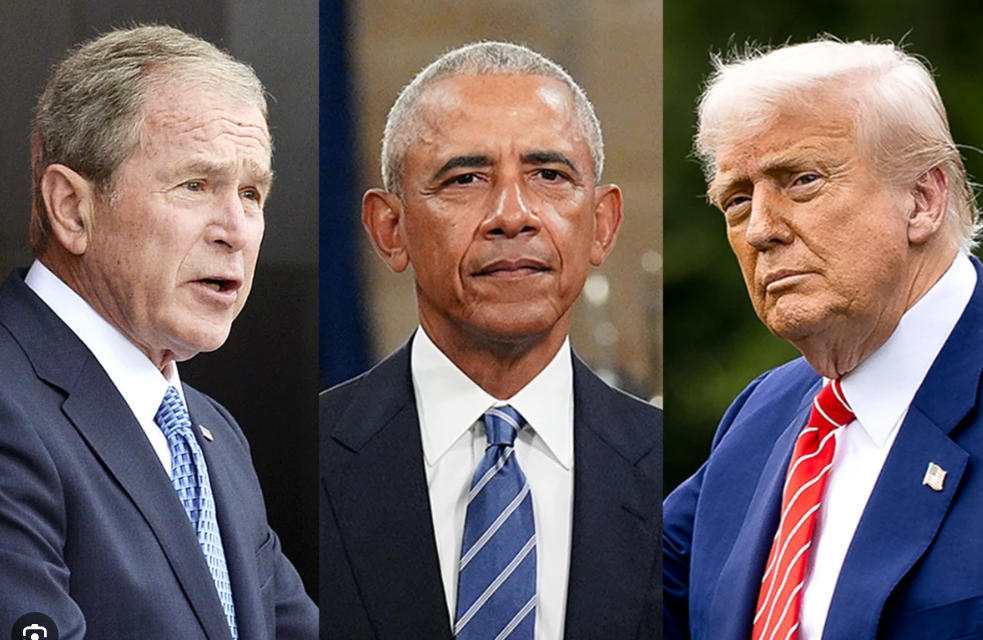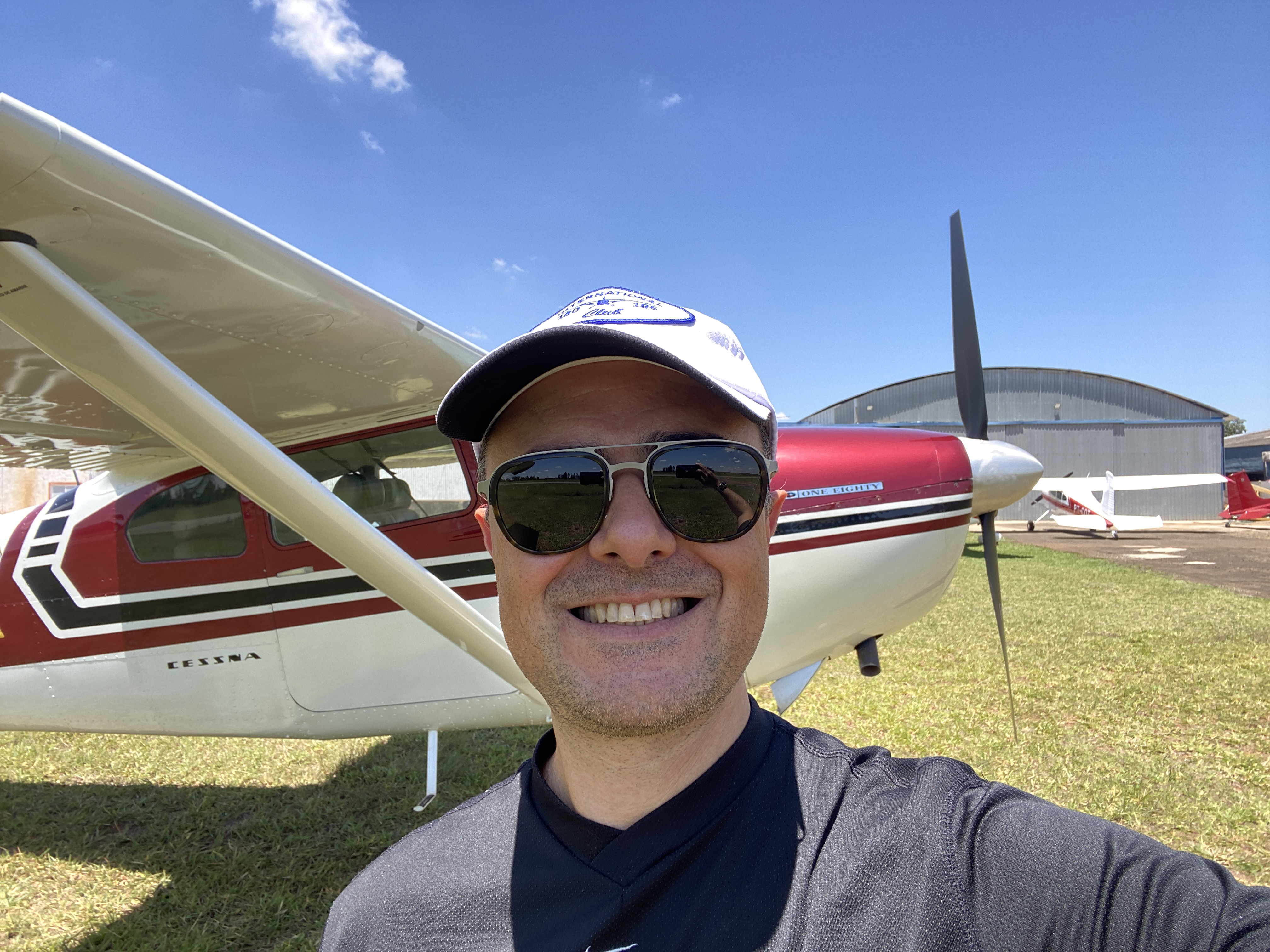How the Wealthy Write Off Private Jets
With the reinstatement of 100% bonus depreciation under the OBBB Act, 2025 marks a prime opportunity for business owners, entrepreneurs, and high-net-worth individuals to leverage private aviation as a strategic tax planning tool. Whether you’re considering fractional ownership, on-demand charter, or full aircraft acquisition, each structure offers distinct advantages under current IRS guidelines—especially when aircraft are used primarily for qualified business purposes.

With the reinstatement of 100% bonus depreciation under the OBBB Act, 2025 marks a prime opportunity for business owners, entrepreneurs, and high-net-worth individuals to leverage private aviation as a strategic tax planning tool. Whether you’re considering fractional ownership, on-demand charter, or full aircraft acquisition, each structure offers distinct advantages under current IRS guidelines—especially when aircraft are used primarily for qualified business purposes.
Full Ownership: Maximum Control, Maximum Tax Incentives
For those seeking complete control over their travel, aircraft selection, and branding, full ownership remains the most robust option—particularly in light of the revived 100% bonus depreciation provision. Initially introduced under the Tax Cuts and Jobs Act, this provision now applies again in 2025 to both new and pre-owned aircraft placed in service this calendar year, thanks to the OBBB.
Tax Advantage: When used for over 50% qualified business purposes, full aircraft owners may:
- Depreciate 100% of the aircraft's purchase price in the first year (for qualifying aircraft),
- Deduct a wide range of operational costs including fuel, crew salaries, insurance, maintenance, training, hangar, and management fees,
- Structure ownership through an entity to align with IRS and FAA requirements for business usage and compliance
Fractional Ownership: Flexibility with Tax Efficiency
Fractional programs, such as NetJets and Flexjet, allow individuals or businesses to purchase a portion of an aircraft—often beginning at 1/16th share. This model provides
guaranteed flight hours, access to a professionally managed fleet, full crew services, and streamlined scheduling without the responsibilities of full ownership.
Tax Advantage: Under Section 168(k) of the Internal Revenue Code, fractional shares of aircraft used predominantly for qualified business purposes may be 100% depreciated in the year placed in service. Additionally, ongoing operating costs—such as management fees, fuel, and maintenance—may be deductible as ordinary and necessary business expenses, assuming appropriate substantiation and documentation.*
On-Demand Charter: Pay-As-You-Fly Convenience
For individuals or businesses with variable travel needs, on-demand charter offers the freedom of private aviation without any capital investment or asset exposure. Chartering provides access to a broad range of aircraft types, customizable scheduling, and full-service amenities without ownership burdens.
Tax Advantage: When charter flights are exclusively used for business purposes, the cost of the flight is typically fully deductible as a business expense. Unlike ownership models, there are no depreciation schedules or asset capitalization requirements—making this an attractive, low-commitment way to reap business travel tax benefits.
Why Timing Matters: The 2025 Window of Opportunity
The availability of 100% bonus depreciation is here to stay but could change under the next administration and proper planning is crucial. To qualify, aircraft must:
- Be placed in service in 2025 (delivery must occur and contract executed post-Inauguration Day—January 20, 2025),
- Be used more than 50% for qualified business purposes, and
- Meet other IRS documentation and substantiation requirements.
Failing to properly structure the purchase or misreporting usage can result in disqualification or IRS penalties.
How SOLJETS Helps You Navigate Tax & Aviation Strategy
As a premier business aviation brokerage, SOLJETS provides clients with end-to-end expertise—from market intelligence and aircraft acquisition to tax-aligned transaction structuring and post-sale compliance support. Our team works closely with tax advisors, flight departments, and legal professionals to ensure that your aviation investment is both operationally sound and tax-efficient.
Whether you're considering a light jet for regional travel, a midsize cabin for national reach, or a long-range aircraft for international access, SOLJETS tailors every solution to your business needs, usage patterns, and financial goals.
.png)
“The return of 100% bonus depreciation, along with the increase of Section 179 Expensing to $2.5 million, will offer taxpayers significant tax incentives to purchase a business aircraft in 2025. Proper planning and documentation are critical to capturing these generous tax incentives.” — Daniel Cheung, Principal, Aviation Tax Consultants
Explore More on The Manifest
.png)
%2C_Luxembourg_PP1350972612.jpg)


OBBB Act Reinstates 100% Bonus Depreciation, Reenergizes Private Jet Market

Garmin Autoland: The Life-Saving Technology Revolutionizing Private Jet Operations
.png)
President Trump's Potential Acquisition of Qatar's $400 Million Boeing 747-8: A Glimpse into Aviation Luxury

Employee Spotlight: Pericles – A Passion for Flight, Family, and Integrity
.png)
.png)


.png)

Honoring Lives Lost: SOLJETS Sends Condolences and Calls for Aviation Safety After D.C. Air Tragedy



If Santa Flew a Gulfstream: The Aviation Reality of Delivering Christmas Gifts

The Current State of the Aviation Insurance Industry: Challenges and Opportunities

The Future of Flight Has Arrived: Meet the Next Generation of Cessna Citation Business Jets
.jpg)

We're Growing in Utah! Strengthening Our Leadership with Shawn Beckstrom as Director of Business Development








.webp)



Exploring the Embraer Praetor 600: Price, Features, and Market Comparison



.avif)






.webp)















.jpeg)


University of Utah Student Completes Soljets' First Summer Internship
.jpeg)
.jpeg)

.jpeg)
.jpeg)
.jpeg)
Twin & Turbine, April 2020 Feature - Increase Your Planes Value In Today's Market
.jpeg)

.jpeg)
Soljets Welcomes Seasoned Aviation Sales Professional Michael Parker To The Team


.jpeg)
.jpeg)

.jpeg)





Fairways, Festivals, and Flight Plans: The Ultimate Jet-Owner’s 2026 Event Calendar


